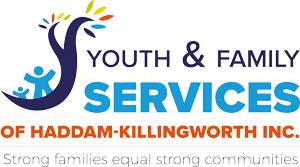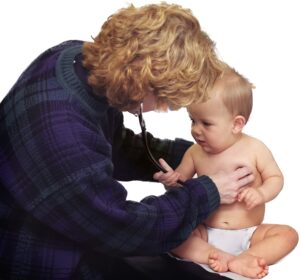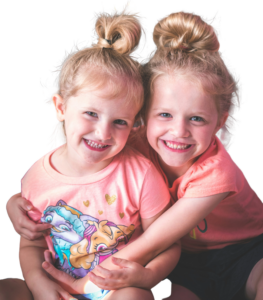Operation Parent:
Operation Parent is a national nonprofit that exists to empower parents and caregivers to fully engage in ongoing conversations with their K-12 children about technology, substance use, and mental health issues for purposes of prevention.
conversations with their K-12 children about technology, substance use, and mental health issues for purposes of prevention.
HKYFS has copies of the Operation Handbook for both elementary and middle/high school aged youth. Please reach out to us at alli.behnke@hkyfs.org to pick up a copy.
https://www.operationparent.org/
Wait Until 8th:
HKYFS has been partnering with the HK community to promote the Wait Until 8th Campaign! Childhood is changing for children. Playing outdoors, spending time with friends, reading books, and hanging out with families is happening less to make room for snap chatting, instagramming, videogaming, and You-Tube.
This campaign provides information, resources, and an opportunity to come together as parents and caregivers to pledge to hold off until 8th grade for a smart device and even older for social media. Check it out!
https://www.waituntil8th.org/
Roblox:
We often get asked about Roblox and its impact on kids. Check out this great handout explaining more.
https://jedfoundation.org/wp-content/uploads/2024/12/Roblox_Parent-Guide_final.pdf
The JED Foundations Mental Health Resource Center
The JED Foundations Mental Health Resource Center provides essential information about common emotional health issues and shows teens and young adults how they can support one another, overcome challenges, and make a transition to adulthood. This resource is a great one to share with your youth and utilize to spark conversations about topics impacting them!
https://jedfoundation.org/mental-health-resource-center/
The Trevor Project
The Trevor Project is the leading suicide prevention and crisis intervention nonprofit organization for LGBTQ+ young people. They provide information & support to LGBTQ+ young people 24/7, all year round.
https://www.thetrevorproject.org/
Parent Movement 2.0
When it comes to preventing drug use among kids, parents are the most important factor. But access to a drug and the perception of its harm are two powerful Environmental Prevention factors that help reduce use as well. Educating yourself about current trends and strategies for talking to your children is effective. Visit our Prevention Section for more information about specific substances.
https://parentmovement2-0.org/



 to fully engage in ongoing conversations with their K-12 children about technology, substance use, and mental health issues for purposes of prevention.
to fully engage in ongoing conversations with their K-12 children about technology, substance use, and mental health issues for purposes of prevention. conversations with their K-12 children about technology, substance use, and mental health issues for purposes of prevention.
conversations with their K-12 children about technology, substance use, and mental health issues for purposes of prevention.
 How can you help keep kids safe?
How can you help keep kids safe?